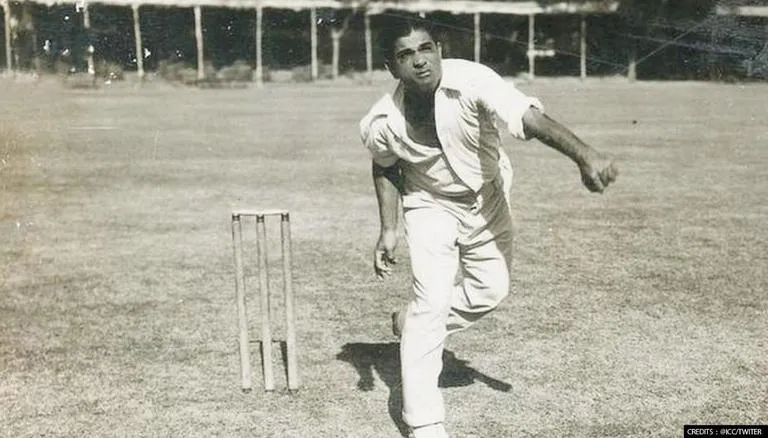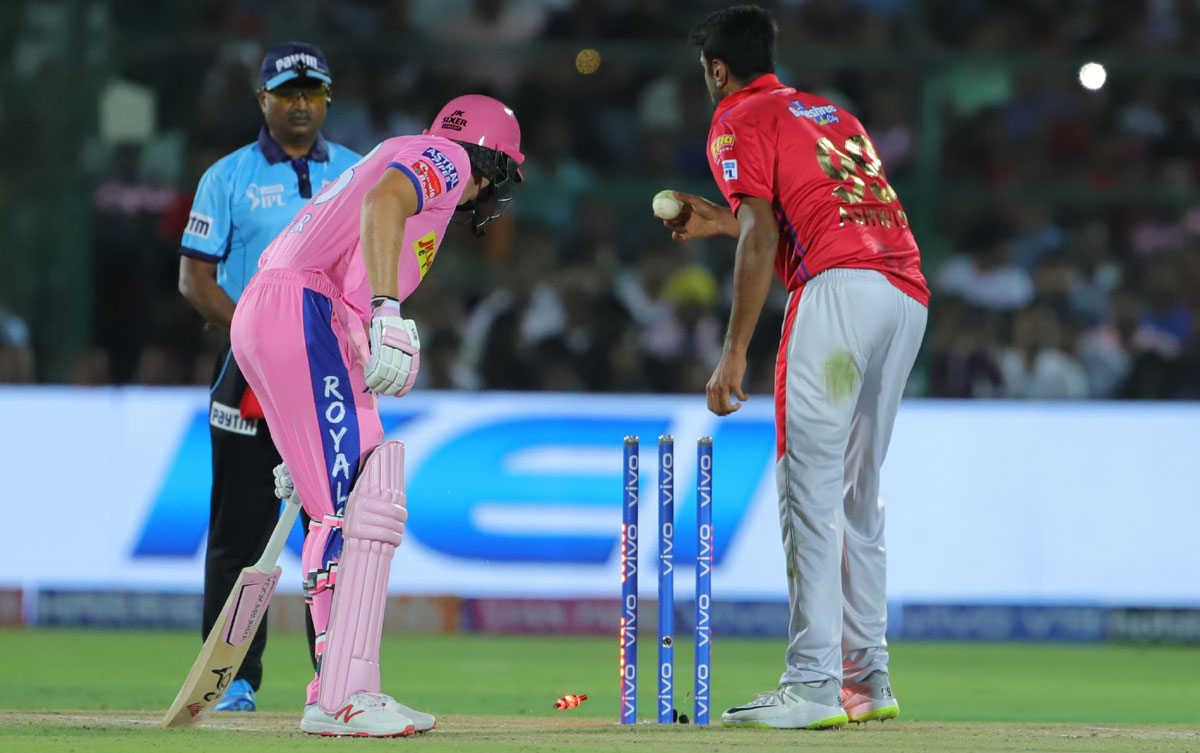Mankading has been declared a standard way of running out the non-striker, according to the Marylebone Cricket Club’s new code of regulations. What is Mankading, and why is it frowned upon as a method of dismissal?

The Marylebone Cricket Club (MCC) has released its new code of conduct, which will take effect on October 1. One of the most significant modifications is the entire prohibition of adding saliva to the ball, regardless of the Covid status. Mankading (or Browned, as Sunil Gavaskar calls it) was also approved by the MCC as a routine way of running out the non-striker, removing it from Law 41 (Unfair play) and combining it with Law 38. (Run out).
When the renowned Indian all-rounder Vinoo Mankad ran-out Australia’s Bill Brown at the non-end striker’s in 1948 after officially warning him for backing up too far, he was strongly chastised, and the name “Mankading” was born. This was despite the fact that Mankad, who had run Brown out for stealing a few yards, had been defended by then-Australia captain Don Bradman.
The so-called Gentleman’s game, on the other hand, has always frowned on this method of dismissal, and Ravichandran Ashwin was recently chastised for ‘acting in contravention of the spirit of cricket’ after running Jos Buttler out in this manner during an Indian Premier League match between Kings XI Punjab and Rajasthan Royals. Given that the non-striker was attempting to steal a few yards, the Indian off-spinner always maintained that he used no unfair tactics. The MCC has now backed Ashwin’s position.
It stated, “Law 41.16 – running out the non-striker – has been changed from Law 41 (Unfair play) to Law 38 (Run out).” Simply said, this is now simply another form of run-out, albeit it remains to be seen if the governing body of cricket still permits the term Mankading to be used, as it is insulting to a cricket great.
The MCC statement stated: “When cricket resumed following the onset of Covid-19, playing conditions were written in most forms of the game stating that applying saliva to the ball was no longer permitted. MCC’s research found that this had little or no impact on the amount of swing the bowlers were getting. Players were using sweat to polish the ball, and this was equally effective.”
Bowlers have been polishing the ball with saliva since the dawn of time. It was used to enhance traditional swing until the mid-1970s. Former Pakistan fast bowler Sarfraz Nawaz found reverse swing in the later half of that decade, allowing seamers to move the old ball in the other direction.
Because of the shine, the new ball might slide on either side depending on the grip and seam position. When the reverse swing was first introduced, players would maintain one side of the ball glossy and the other rough, putting saliva and/or perspiration to the rough side. Slowly, a lot of work has gone into this, and it’s now fast bowlers’ go-to old ball weapon, especially in abrasive conditions. In the instance of a reverse swing, the ball veers away from the rougher side and toward the smooth. As a result, it’s crucial to maintain one side of the ball rough and heavy, which saliva helped with.
After the International Cricket Council implemented the saliva ban a few years ago, veteran South African bowler Fanie de Villiers told The Indian Express, “Absolutely nothing.” Sweat may both shine the ball and make the rough side of the ball heavier. “You have a natural alternative in sweat,” de Villiers had stated, noting that just a few athletes utilised saliva while the great majority used perspiration.
“The new Laws will not enable the use of saliva on the ball,” according to the MCC, “which also eliminates any grey areas of fielders ingesting sugary sweets to change their saliva to apply to the ball.” As a result, putting saliva on the ball will be considered an offence, as it is an attempt to affect the ball’s state.

